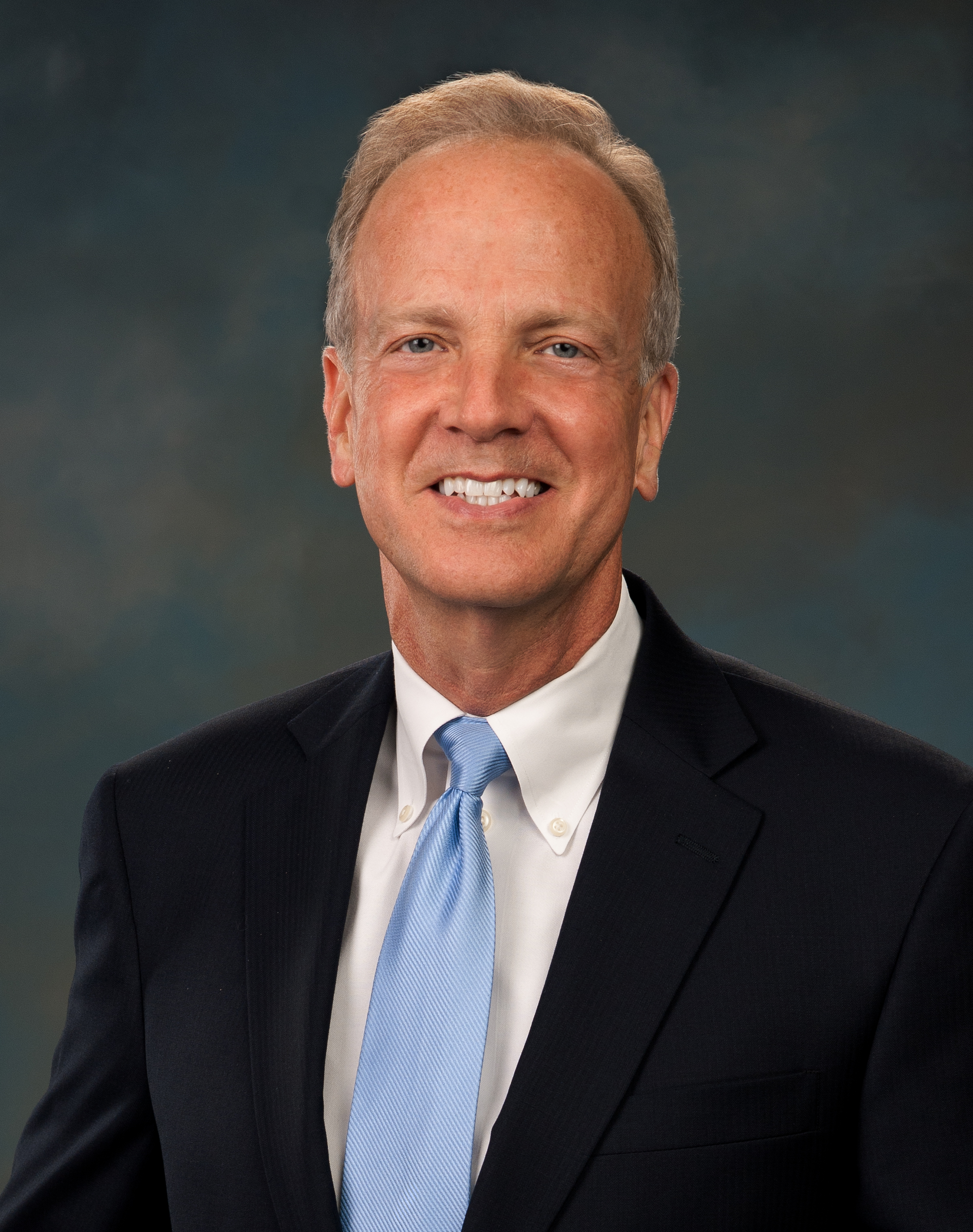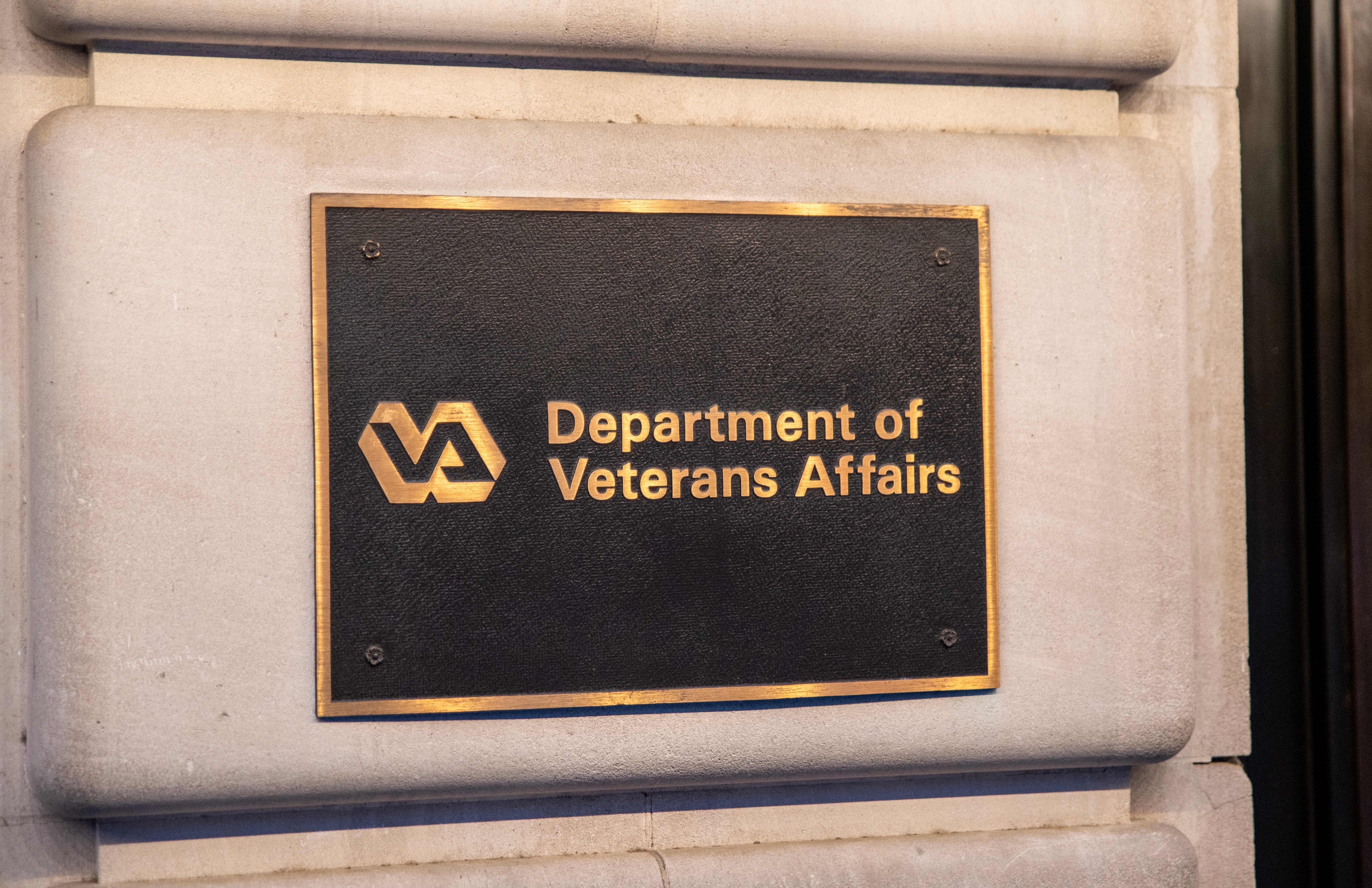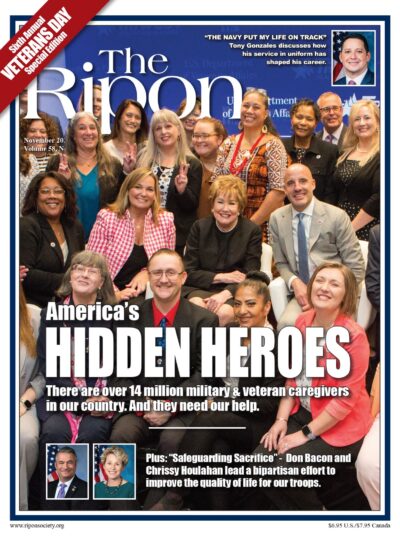
Two years ago, the Sergeant First Class Heath Robinson Honoring our Promise to Address Comprehensive Toxics Act (PACT Act) was signed into law, providing expanded health care and benefits to all generations of toxic-exposed veterans.
Since then, the Department of Veterans Affairs (VA) approved more than one million PACT Act-related benefits claims for veterans and survivors and accepted more than 300,000 new enrollees in the VA health care system. In Kansas – a state with roughly 180,000 veterans – 3,826 veterans have enrolled in VA health care and 15,048 veterans have submitted benefits claims under the PACT Act.
While these numbers are promising, the continued success of the PACT Act is dependent on the department’s ability to sustain and improve on these gains and responsibly steward the additional resources, authorities, and workforce as mandated by the law. Several recent instances of mismanagement have left veterans and survivors waiting for critical services and highlights the need for greater transparency and accountability within VA.
In May, VA’s Inspector General reported that department leaders had abused authority Congress provided in the PACT Act to unlawfully divert $10.8 million to pay excessive bonuses to some of VA’s highest paid senior executives.
In May, VA’s Inspector General reported that department leaders had abused authority Congress provided in the PACT Act to unlawfully divert $10.8 million to pay excessive bonuses to some of VA’s highest paid senior executives.
These bonuses – known as critical skills incentive (CSI) payments – were intended to help the VA health care system recruit and retain highly skilled, in-demand employees to take care of veterans in VA facilities across the country. However, VA’s Under Secretaries of Health and Benefits used this authority to award bonuses as high as $100,000 to 182 senior executives at the VA Central Office (VACO) in Washington, D.C. VA has been recovering the improper payments since the scandal became public, but this authority could be abused again.
I introduced the Stop Government Rewards Enriching Executives in the District (Stop GREED) Act with my colleagues Sens. John Boozman (R-AR) and Marsha Blackburn (R-TN) to prevent mismanagement of taxpayer dollars moving forward and make certain that CSI payments are only used to support frontline staff caring for veterans in states like Kansas.These payments are particularly concerning considering the fact that many of the senior executives improperly awarded CSI payments are responsible for other recent scandals.
VA’s Inspector General has uncovered multiple other preventable tragedies across the country due to inadequate internal oversight at VA. Reports have been spiking from veterans, their family members, and whistleblowers regarding veterans being denied access to timely, quality care through community providers, as required by the MISSION Act. In January, VA also caused widespread concern by announcing an abrupt shift to a zero-growth staffing model that would result in 10,000 fewer employees. VA changed course months later and called for an increase of more than 20,000 staff instead.

Furthermore, in July, VA announced a $12 billion shortfall in the department’s health care accounts for FY2025 and a $3 billion shortfall in the benefits accounts for FY2024 – shortfalls that VA appears to have hidden from Congress.
Furthermore, in July, VA announced a $12 billion shortfall in the department’s health care accounts for FY2025 and a $3 billion shortfall in the benefits accounts for FY2024 – shortfalls that VA appears to have hidden from Congress. VA senior leaders knew Congress would need to appropriate additional funding to make up these budgetary shortfalls, but waited until after Senate Appropriators reached a deal on funding allocations to come forward with the situation facing the department. Congress acted quickly to provide emergency supplemental appropriations to ensure the timely delivery of benefits payments for millions of veterans, but VA must end the budgetary gamesmanship to ensure that Congress can fill the expected shortfall in VA medical care.
VA is responsible for implementing the law as Congress intended, providing top-notch services to veterans, and being good stewards of hard-earned taxpayer dollars. By expanding VA’s workload and patient population, the PACT Act made those responsibilities even more important. I will continue working to make certain veterans, their caregivers, and survivors do not suffer as a result of VA’s mismanagement. VA leaders must take responsibility to rebuild the integrity and trust they lost and eliminate waste, fraud, and abuse. Only then will VA live up to the promises owed to those who served to protect our freedoms.
Jerry Moran is the senior United States Senator from Kansas. Elected to the Senate in 2010, he serves as the Ranking Republican on the Veterans’ Affairs Committee.




